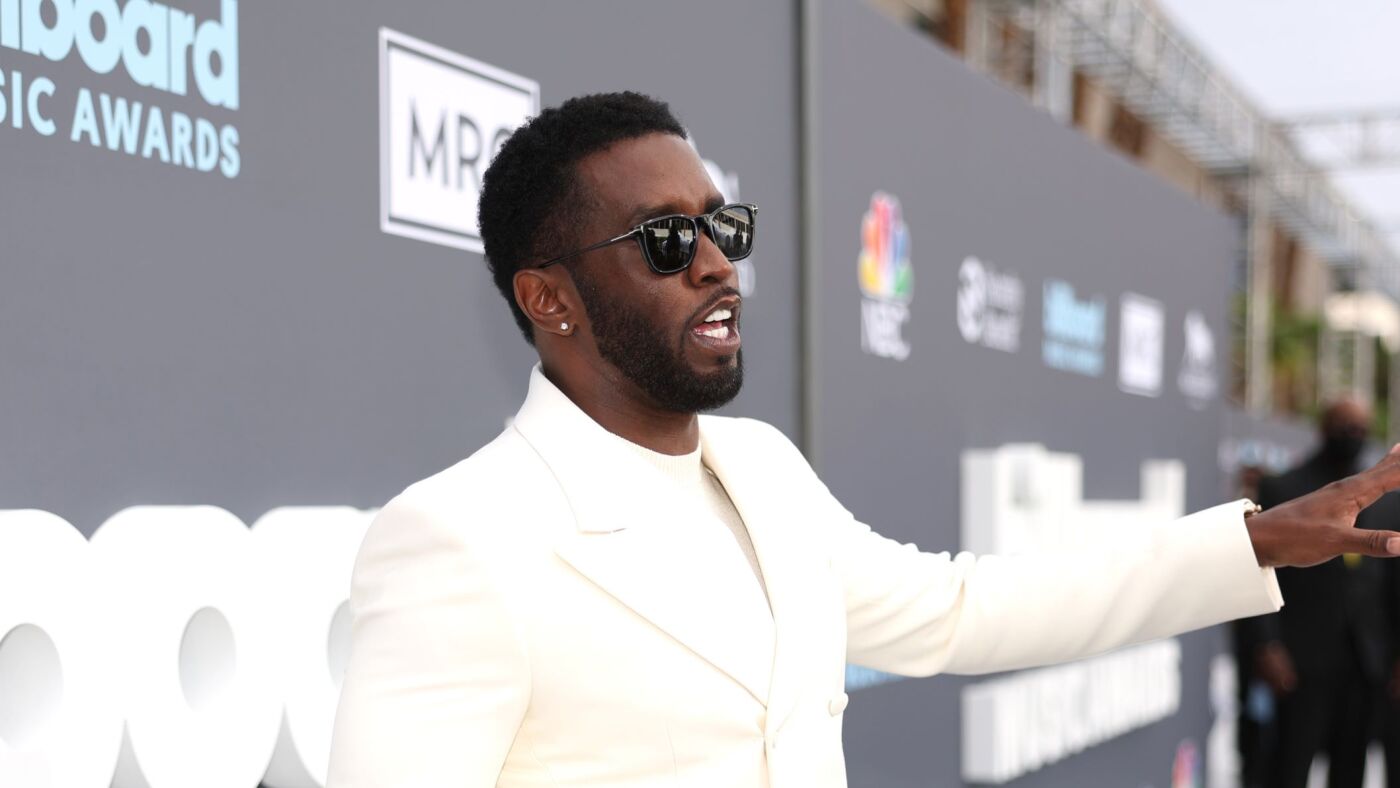Sean Combs' Defense Concludes Swiftly Without Witnesses in High-Profile Trial

In a surprising turn of events, the defense team for Sean Combs, the renowned hip-hop mogul, concluded its case in under 30 minutes, opting not to call any witnesses. This decision marks a pivotal moment in the nearly seven-week trial that has captivated public attention. Combs, who has faced scrutiny for his courtroom demeanor, chose not to testify, a decision he confirmed to Judge Arun Subramanian after a brief exchange. "I'm doing great, your honor," Combs remarked, expressing gratitude towards the judge's conduct throughout the proceedings.
The charges against Combs are severe, encompassing two counts of sex trafficking, two counts of transportation for prostitution, and one count of racketeering conspiracy. His defense attorney, Alexandra Shapiro, moved for acquittal, arguing that the prosecution failed to meet the burden of proof. The government has painted a picture of Combs as the orchestrator of a criminal enterprise that allegedly facilitated abuse over decades. However, Combs has steadfastly maintained his innocence.
Throughout the trial, the prosecution presented testimony from over two dozen witnesses, including former partners and employees, who detailed a pattern of coercion and control. Notably, a 2016 incident involving Combs and then-girlfriend Cassie Ventura, captured on hotel security footage, was a focal point. The defense, however, portrayed these relationships as consensual yet unconventional, emphasizing that jealousy, not coercion, was at play.
The defense's strategy relied heavily on evidence such as text messages from Ventura expressing affection towards Combs, and documents highlighting inconsistencies in witness testimonies. They argued that the relationships were marked by mutual consent and a shared interest in a "swingers' lifestyle." Despite the prosecution's graphic portrayal of Combs' sexual preferences, the defense insisted that these did not constitute illegal activities.
As the trial approaches its conclusion, the jury is left to deliberate on the complexities of the case. The defense's brief presentation underscores their confidence in the argument that Combs' actions, while perhaps morally questionable, do not meet the legal threshold for the charges he faces. Closing arguments are anticipated to further crystallize the contrasting narratives presented by both sides, setting the stage for a verdict that could have significant ramifications for Combs and the wider entertainment industry.
🔮 Fortellr Predicts
Confidence: 75%
The swift conclusion of Sean Combs' defense without witnesses aligns with a legal strategy that aims to undermine the prosecution's narrative by focusing on discrepancies and counter-narratives regarding the relationships in question. Such a strategy has historically been successful in cases where the defense capitalizes on reasonable doubt regarding the testimony of the prosecution's witnesses. However, the context of the charges against Combs, involving sensitive issues of sex trafficking and coercion, means the outcome may hinge on the jury's perception of the gravity and credibility of the evidence presented, particularly the hotel video and testimonies regarding coercion versus consent. This context aligns with heightened societal sensitivity toward sexual misconduct. Should the jury sympathize with the defense's portrayal of consensual albeit unhealthy relationships, they may lean towards acquitting Combs. Conversely, if they find the prosecution's evidence compelling concerning the coercion narrative, a conviction is likely. The closing arguments will be pivotal, serving as the final opportunity to influence the jury's interpretation of the evidence. In the broader cultural and legal context, this case may impact future legal proceedings involving similar charges and high-profile defendants, possibly influencing defense strategies that pivot on the consent versus coercion dichotomy.